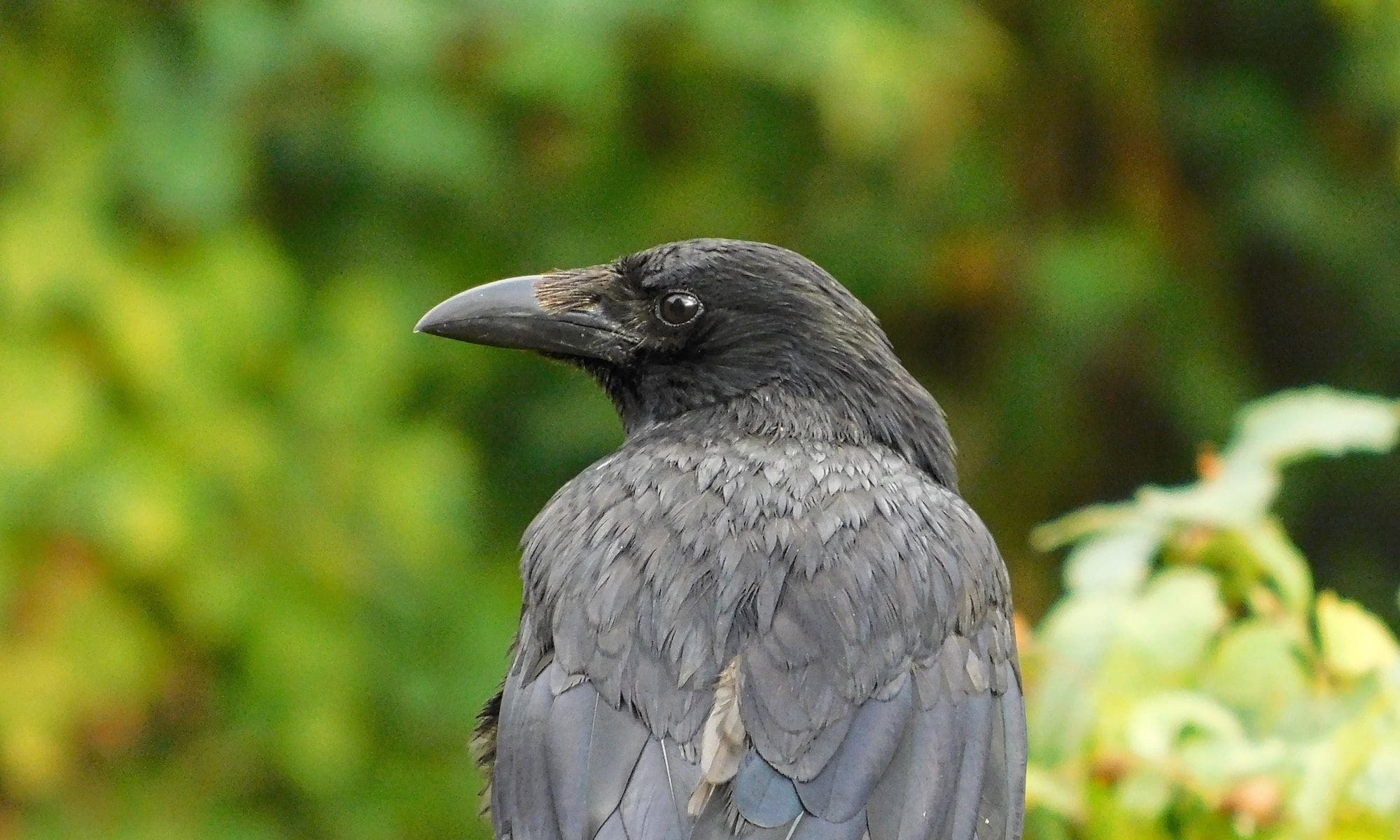“Smooth like velvet” sprang into my mind when thinking of a name for our latest patient – a rook baby. It was May 2014. The lady who had kindly picked up Velvet underneath a rookery, situated in a massive cedar tree, cared for him at her home until she got overwhelmed by the task. When we were asked to take over, we noticed a nasty compound fracture of his left leg – the bone had pierced through the tender skin. It was a surprise Velvet had survived such a deep fall anyway, landing next to one of the busiest roads on the island. But the fractured leg needed to be treated, although we knew it would be too late to even hope for full function of the limb.
Continue reading “Rook Velvet – An Obituary”








